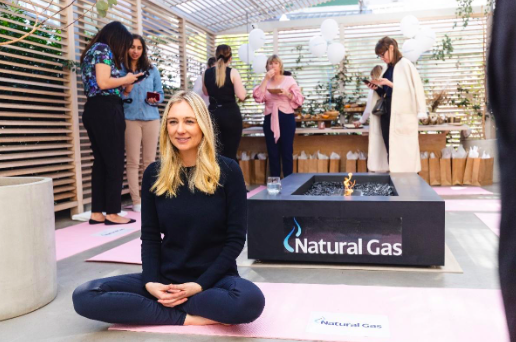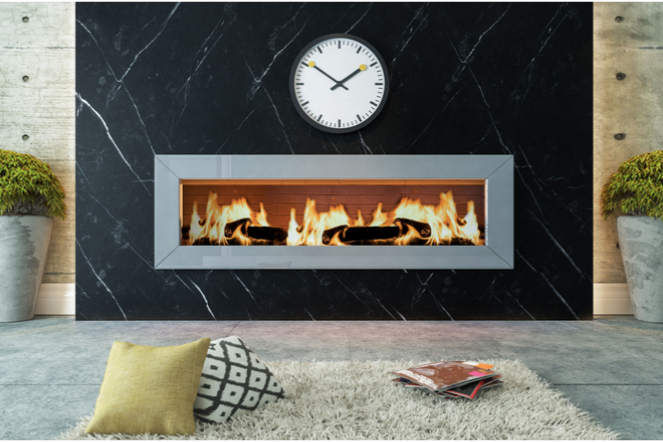From the unforgiving housing market conditions, to the threat of climate change looming (and our politicians remaining reluctant to acknowledge this at all), to mental health issues on the rise, it seems that Australians have never been more stressed. As such, self-care is on trend. Millennials in particular are suckers for face masks, meditation and retreats, but new scientific research supported by Natural Gas has found a new addition for your self-care routine: sitting in front of a naked flame.

Australians typically look to exercise, reducing caffeine intake, and baths as strategies to de-stress, but for households looking for a consistently calmer environment, scientific research supported by Natural Gas has found that a natural flame is scientifically linked to a less stressed household. In fact, sitting in front of a natural flame for as little as 15 minutes can reduce blood pressure and induce relaxation.

This research suggests that sitting near a fire can induce feelings of calmness and relaxation, which grow stronger the longer you stay. According to the research, humans have long been drawn to fire as ancient ancestors used it for warmth, protection and cooking. It is believed fire satisfies the primal desires for warmth, while flame illuminates darkness and provides comfort, also providing a place for social interaction, making it easier to communicate and develop social connections.

Aussies are more stressed than ever with 1 in 3 people admitting they have a significant amount of stress in their lives, with this figure set to steadily rise. Stress can impact physical and mental health including negative effects on cognition and learning, immune functions, hormone regulation, cardiovascular health and the gastrointestinal system. Leanne Hall, a psychologist, advocates for taking the time to destress:
“Stress is an experience that can have a negative impact on both our mind and body. As such, it’s important that Australian’s recognize the health benefits of regularly making time to de-stress, by consciously selecting activities that promote relaxation.”
Overall, stress can affect almost all the body’s natural systems and processes that help keep us healthy and happy. The key causes of stress are issues related to finance, health and family. The good news is that for 80% of Australians, stress can be effectively managed through undertaking relaxing activities.

Hall cites the way we’ve moved away from nature as a feed for anxiety:
“Australia is one of the most urbanised countries in the world, meaning that we are moving further and further away from nature. It’s no coincidence that we are also in the midst of an anxiety epidemic. Nature can most certainly provide an antidote to a considerable amount of this stress and sitting and watching a naked flame is one of the best ways to re-connect with nature and relax.”
Anxiety helps us out to some extent; without it we’d find ourselves in danger without any alarm bells sounding. But the stressful nature of the modern Australian life means that this natural level of anxiety leaks into everyday life. Sadly, 25 per cent of Australians will deal with an anxiety disorder at some point in their lives. This causes issues with sleep, productivity, family and relationships, and concentrating on and completing tasks at work or school. Whilst typical ‘self-care’ activities may not eradicate anxiety, they can encourage calmness and reduce stress, making life that little bit easier.
Do you have any tips for stress-reducing self-care? Let us know in the comments below!

